A foreclosed home is seized by the lender over non-repayment of a mortgage. They are usually significantly discounted. These 10 tips will help you understand the process and guide you in buying a foreclosed home.
10. Understand the Foreclosure Process
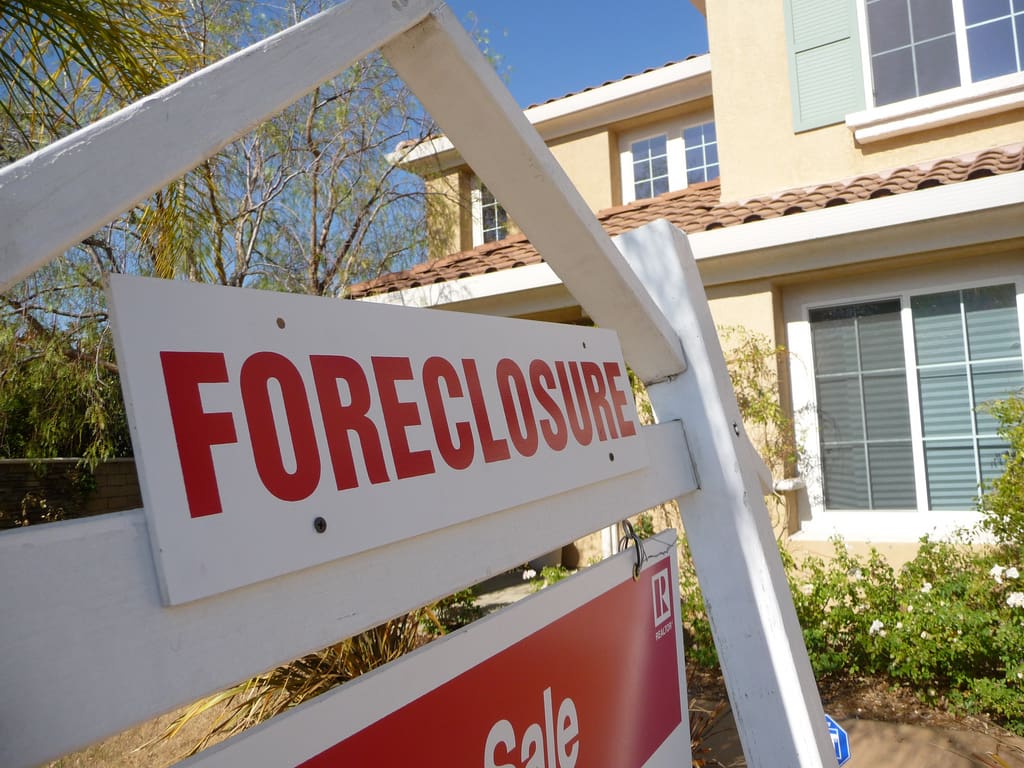
There are several stages of the foreclosure process, here are the most important things to know:
- Notice of Default: Issued after nonpayment for 90 days. Trustee’s sale notice: A notice lender may sell the home.
- Trustee’s Sale: Lender sells home through public auction. Real estate-owned (REO): If a public auction fails, the original lender tries to sell the home.
9. Understand the Five Buying Stages
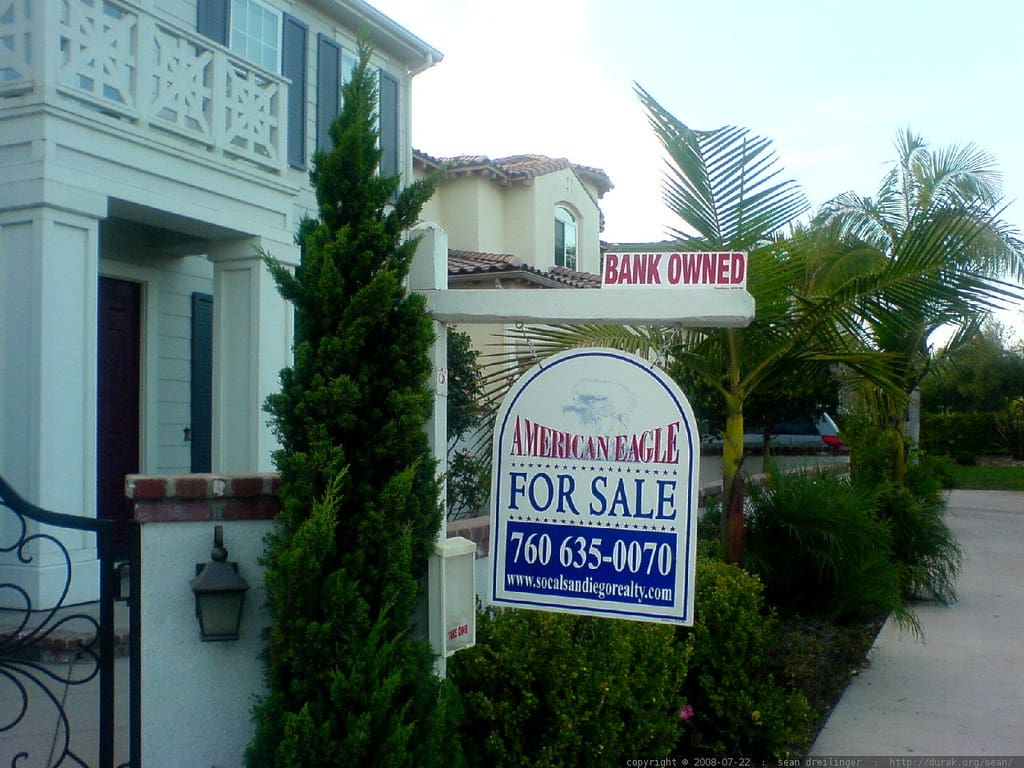
Homes can be offered at different stages and you can buy them before foreclosure.
- Pre-Foreclosure: Homeowners can sell their homes before foreclosure occurs.
- Short Sale: The lender agrees to accept a lesser amount than what the borrower owes.
- Sheriff’s Sale Auction: Homes sold by local law enforcement.
- Bank Owned: Lender offers sale.
- Government-Owned: Foreclosed homes with VA loans or USDA loans.
8. Get Pre-Approved
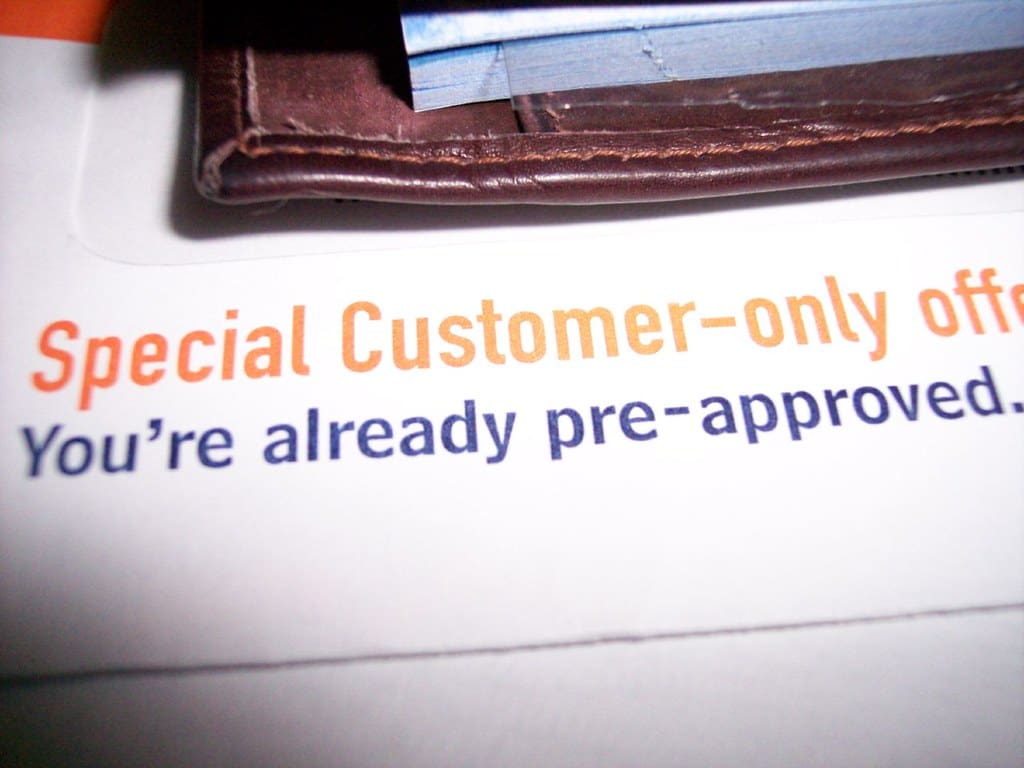
Unless you plan to buy a foreclosed home for cash in an auction, you will likely need a mortgage to fund your purchase. Getting pre-approved for a mortgage gives the seller a good indication of how much a lender is willing to give you. Make sure to discuss how much you can afford to borrow with your loan officer.
7. Get an Appraisal
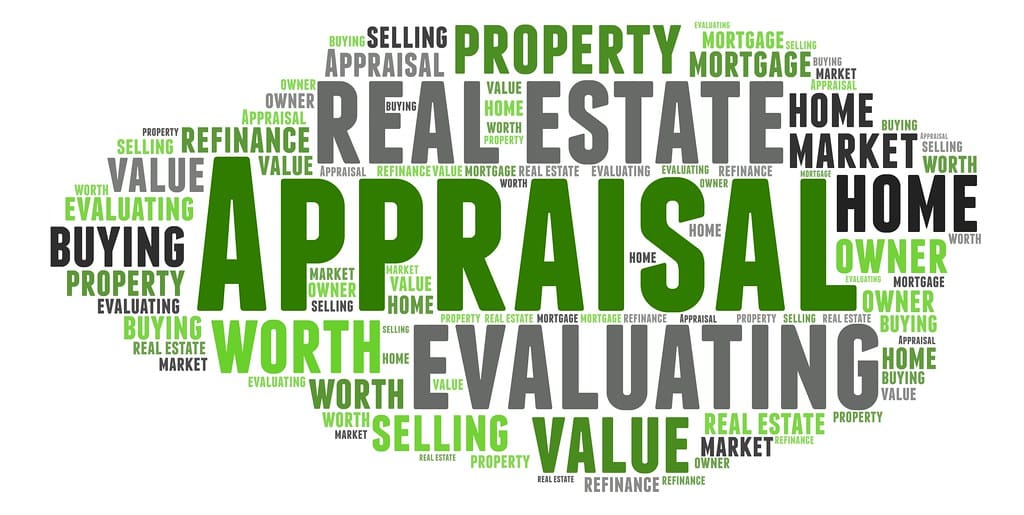
If you will be taking out a mortgage to pay for your purchase of a foreclosed home, your lender will most likely require an appraisal. This helps the lender determine the actual worth of the foreclosed home to ensure they are not lending more than its value. This will help determine if the sale price aligns with existing market prices.
6. Get an Inspection
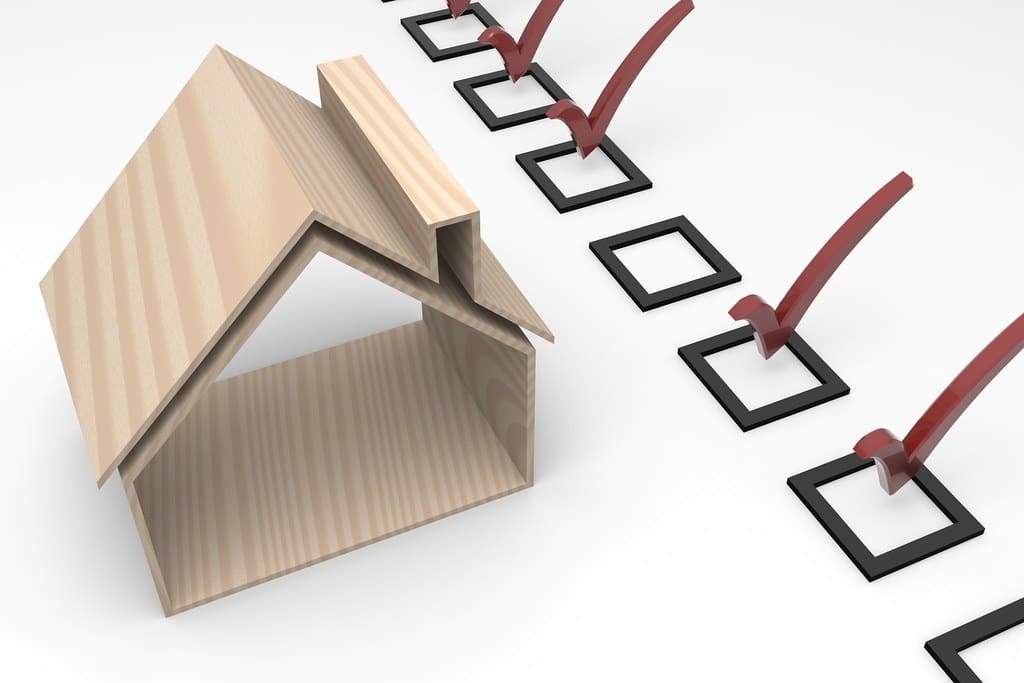
Foreclosed homes are usually sold “as is.” The bank or local government isn’t legally required to make repairs or lower the price based on needed repairs. Therefore, before purchasing a foreclosed home, it’s wise to pay for the home to be professionally inspected. The inspector will identify any potential flaws in the home that could be problematic or costly.
5. Understand the “True” Cost
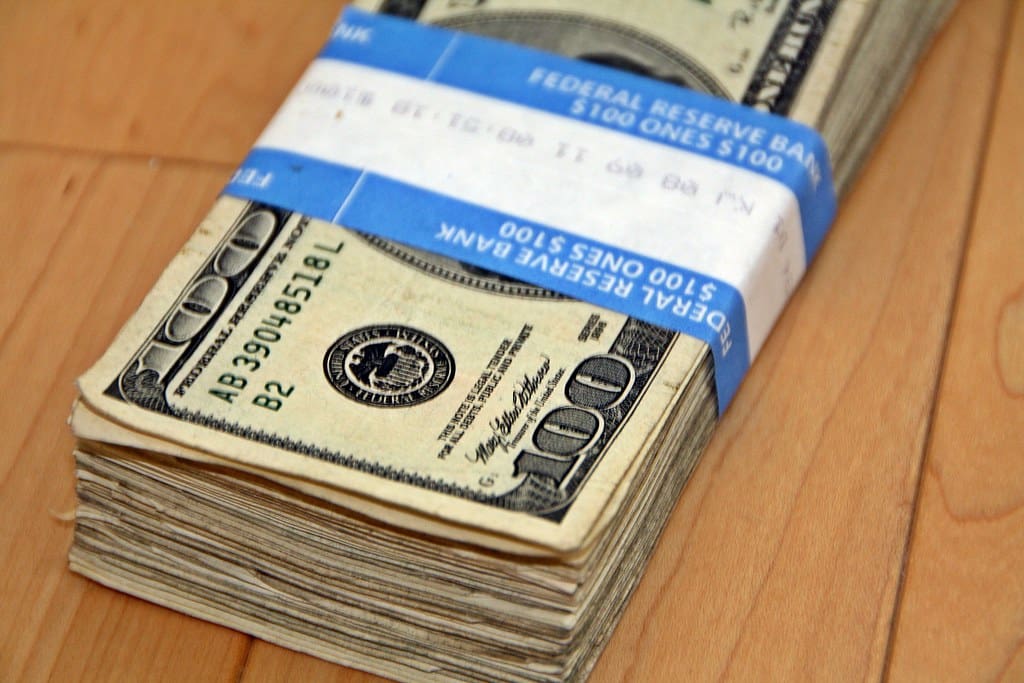
Foreclosed homes are typically sold as is. Because of this, they’re usually marked down in price. However, consider how much money you will have to spend to correct any flaws. This is your “true” cost of the home. This will help you determine whether you are getting “value” or not by buying a lower-priced foreclosed home.
4. Determine the “After-Repair” Value
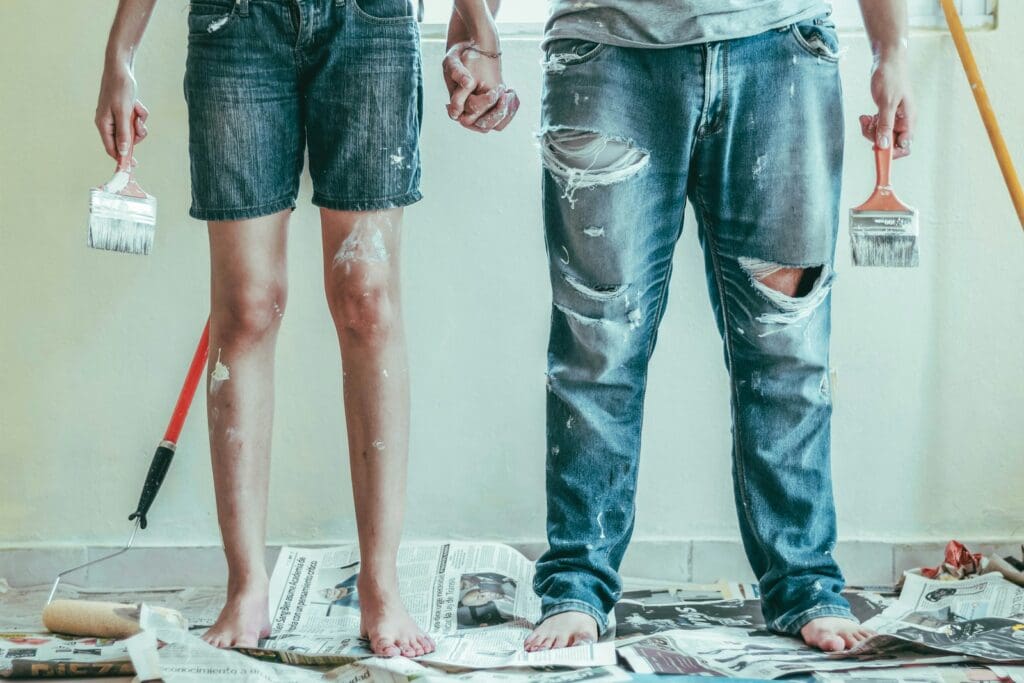
Some individuals purchase foreclosed homes to live in, while others purchase them as an investment with the intent to “flip” the home by improving it and selling it. Generally, investors never spend more than 70% of a home’s after-repair value (ARV). Example: Expected ARV $250,000. 70% = $175,000. Repairs: $30,000. Max purchase: $145,000. Profit = $75,000.
3. Risk Red Flags

Look for the following four red flags before purchasing a foreclosed home.
- The home requires major repairs.
- The home has been vacant too long.
- Outstanding liens and more. As the buyer, you become responsible for lien and title issues attached to the house.
- The process will be time-consuming. Make sure the lengthy process doesn’t increase costs.
Read More: 20 Mistakes to Avoid When Buying Your First Home
2. Reducing Risks
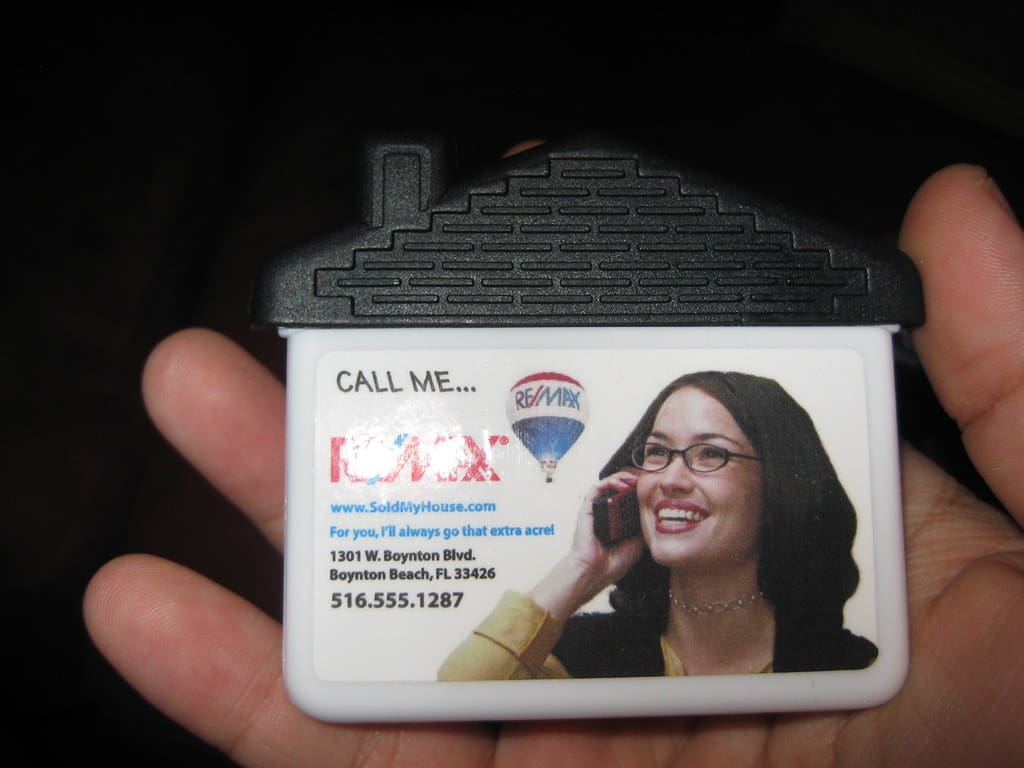
Reduce risks in these three areas.
- Hire a real estate agent: A realtor experienced with foreclosures can assist with issues and local laws.
- Keep a reserve fund: Should cover at least six months’ holding costs.
- Know local laws: Some jurisdictions limit how much a new homeowner must pay toward outstanding liens on foreclosed homes.
Read More: 20 Mistakes to Avoid When Selling Your Home
1. Account for Time
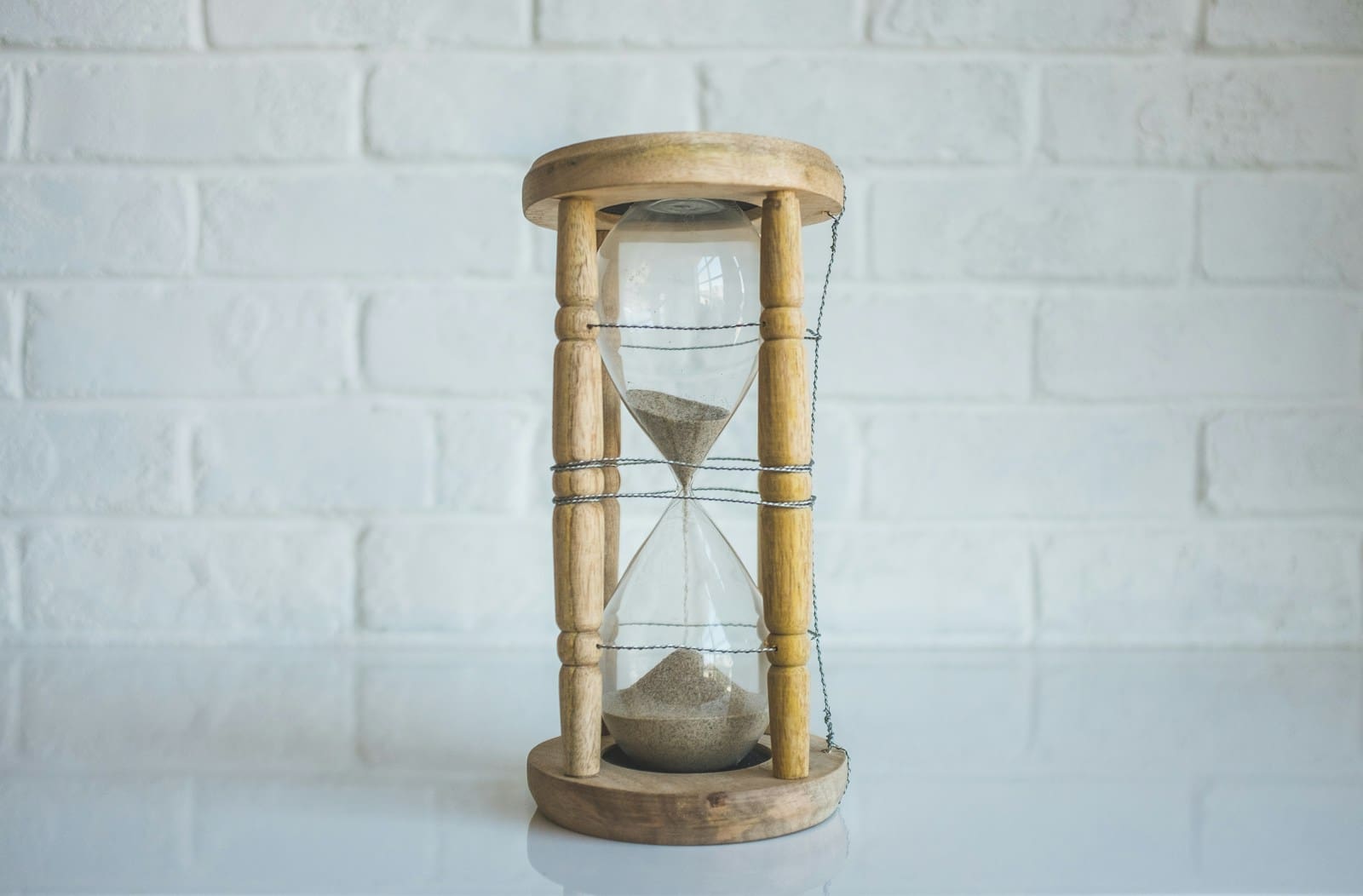
If you take out a loan, banks drag out the process of buying a foreclosed home due to increased paperwork. Ensure that the length of the process won’t increase your costs. Consider repairs also. If the repairs take a long time to complete, it could cost you additional money in loan payments, insurance, property taxes, utility bills, and HOA fees.
Read More: How to Increase Your Home Value: A Guide to Home Improvement








